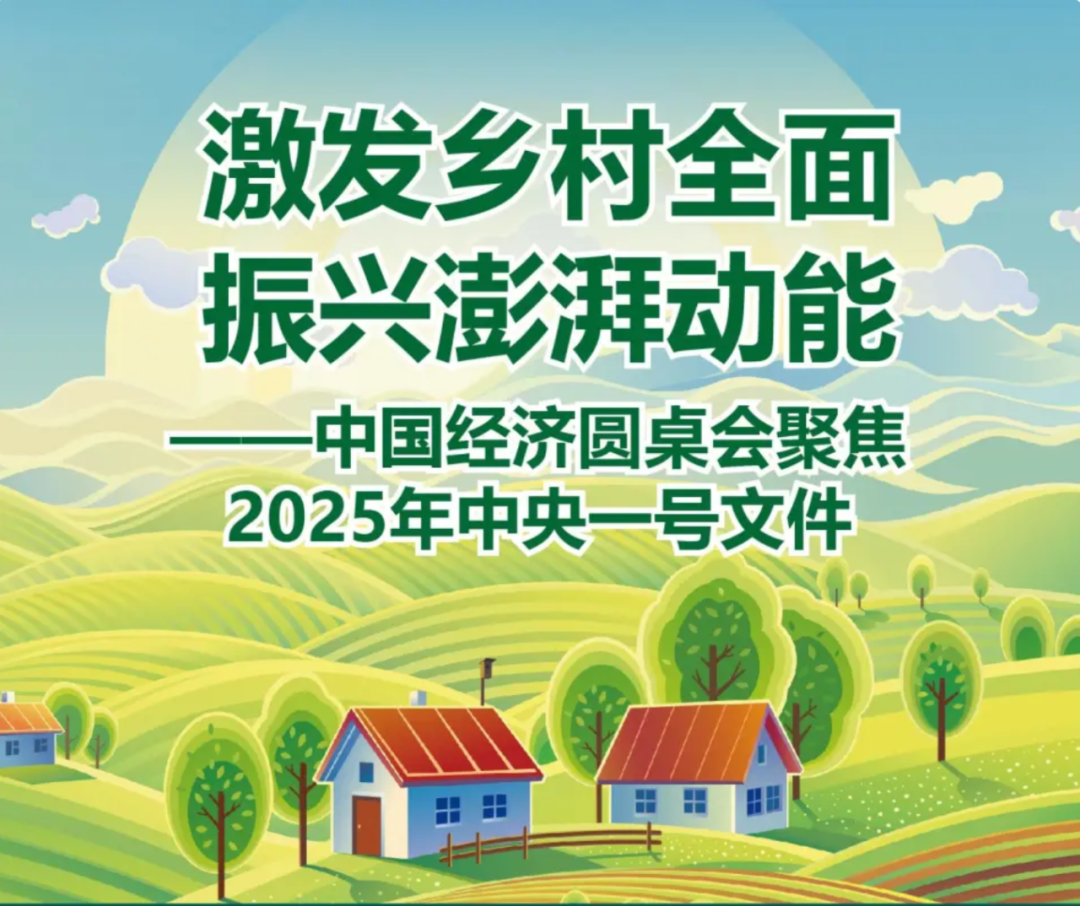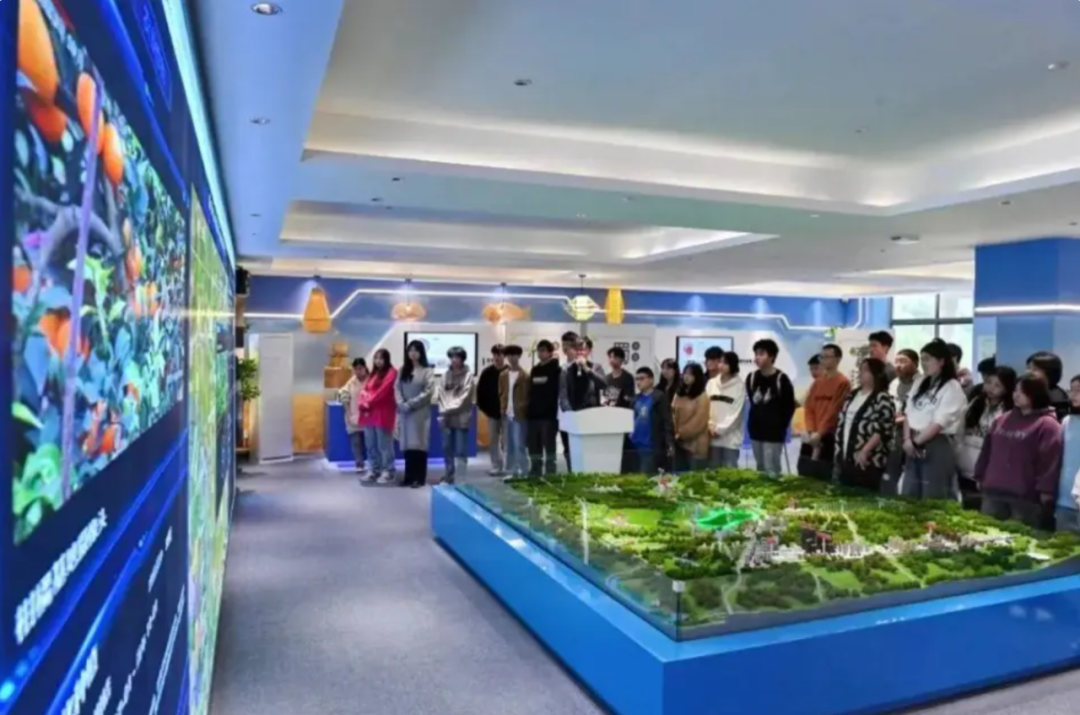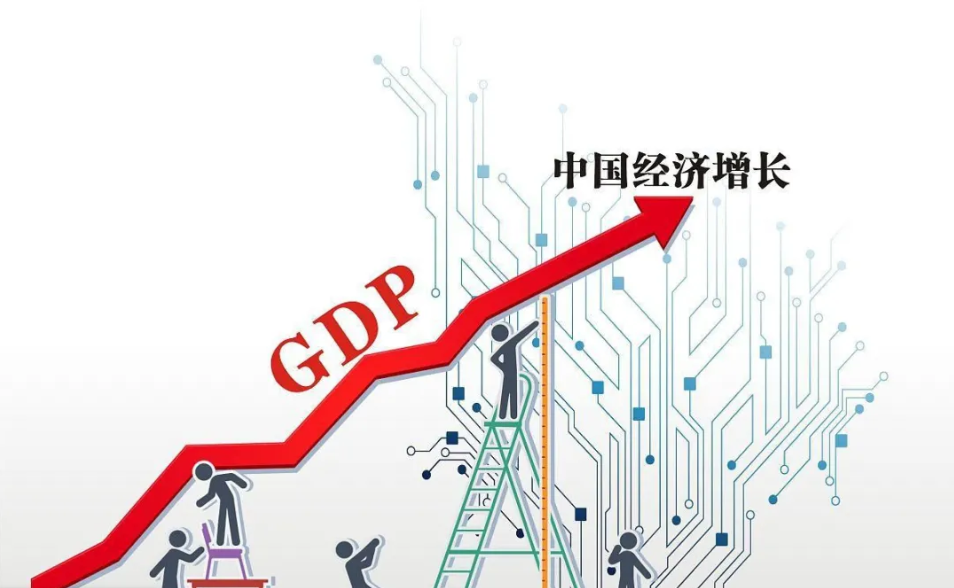







Digital Village Construction
– Economic Time –
A New Engine for China’s Economic Development


Against the backdrop of China’s economy being “stable and improving” by 2025, the construction of digital villages, as a core driver of rural revitalization, is becoming an important force for promoting high-quality economic development through technological empowerment, industrial upgrading, and policy synergy.


01

Policy Driven

Top-level design enhancement: Policy dividends are released, stimulating digital vitality in rural areas.
The Central Document No. 1 of 2025 clearly states, “Drive agricultural and rural modernization with technological innovation,” positioning digital villages as a strategic direction for rural revitalization. The national level has intensively introduced policies to support this.
First, government support promotes the upgrading of rural infrastructure. By the end of 2024, the number of broadband users in rural areas will exceed 200 million, with 5G coverage extending to all urban areas of county towns and gradually reaching administrative villages, laying the foundation for smart agriculture and rural e-commerce.
Second, pilot demonstrations are being promoted. The second batch of national digital village pilots has been launched, aiming to form replicable typical models by 2026. For example, the Shuangliu District of Sichuan has achieved full-chain management of smart agriculture through a “digital agriculture platform + 5G full coverage,” leading to a 15% increase in villagers’ income.
Finally, the government is taking multiple measures, with fiscal and financial collaboration. The government work report proposes to “increase investment in rural digital infrastructure,” supporting smart farmland construction through special bonds, while encouraging financial institutions to develop inclusive digital financial products, such as blockchain-enabled agricultural insurance and online microloans, alleviating farmers’ financing difficulties.




02

Practical Results

Significant practical results: Technology empowers the entire industry chain, reshaping the rural economic ecology.
Digital technology is deeply reconstructing agricultural production, circulation, and governance models, resulting in four major breakthroughs:
First, smart agriculture promotes quality and efficiency improvements in rural development.
Achieving precise management in agriculture. Lueyang County in Shaanxi uses IoT sensors to monitor soil moisture and pest conditions, combined with drone fertilization, resulting in a 30% increase in citrus yield and a 20% reduction in costs. Intelligent production is being implemented. The city of Suihua in Heilongjiang has achieved a 50% increase in rice germination efficiency through intelligent seedling workshops and agricultural machinery cooperatives, leading to an average income increase of over 5000 yuan for farmers.
Second, rural e-commerce is experiencing explosive growth.
In 2023, the national rural online retail sales reached 2.5 trillion yuan, with the scale of agricultural product e-commerce exceeding 587 billion yuan. New models such as live streaming sales and social e-commerce are helping specialty agricultural products “go from village to city.” For example, Liyuan Village in Sichuan sold citrus through e-commerce platforms, achieving sales exceeding 10 million yuan in a single season.
Third, the modernization of rural governance has improved, providing better security for people’s lives.
Chuanjiang Village in Shuangliu District has built a “digital village command and dispatch platform,” integrating public services such as security, medical care, and education, improving villagers’ efficiency by 60%, and reducing the response time for public opinion feedback to within 24 hours.
Fourth, the process of rural industrial integration and innovation is accelerating.
The “agriculture + culture and tourism + digital” model is emerging, with Lueyang County relying on digital technology to develop smart tourism routes, leading to a 40% year-on-year increase in tourist numbers in 2024, driving simultaneous growth in homestays and agricultural product sales.




03

Economic Value

Economic value is highlighted: Activating the domestic demand market and promoting balanced urban-rural development.
The construction of digital villages not only supports agricultural modernization but also has a profound impact on the macro economy:
Rural e-commerce drives investment in logistics, cold chain, and other supporting industries, with an expected addition of over 2 million related jobs by 2025.
The old-for-new policy combined with digital consumption vouchers stimulates demand for home appliances and new energy vehicles in rural areas, with rural social retail growth expected to reach 3.5% in 2024, exceeding urban growth by 0.8 percentage points.
Digital technology breaks down information barriers, with the gap in internet user structure between urban and rural areas expected to narrow to 15 percentage points by 2024, allowing farmers to enjoy equal services through online education and telemedicine.
The rise of the digital economy in county areas, such as Wuqing County in Shaanxi attracting technology companies through digital village pilots, is expected to add 12 new digital economy enterprises by 2025, contributing over 100 million yuan in tax revenue.




The construction of digital villages, through technological innovation and policy synergy, not only activates the endogenous power of rural areas but also becomes a key lever for stabilizing growth, promoting consumption, and adjusting structure. By 2025, with the deep penetration of technologies such as 5G and AI, rural areas will transition from “digital empowerment” to “digital symbiosis,” injecting lasting momentum into China’s high-quality economic development. As emphasized in the government work report: “Using digital villages as a lever, we will paint a new picture of strong agriculture, beautiful rural areas, and prosperous farmers.”

Written by | ICC Manager
Images | From the Internet